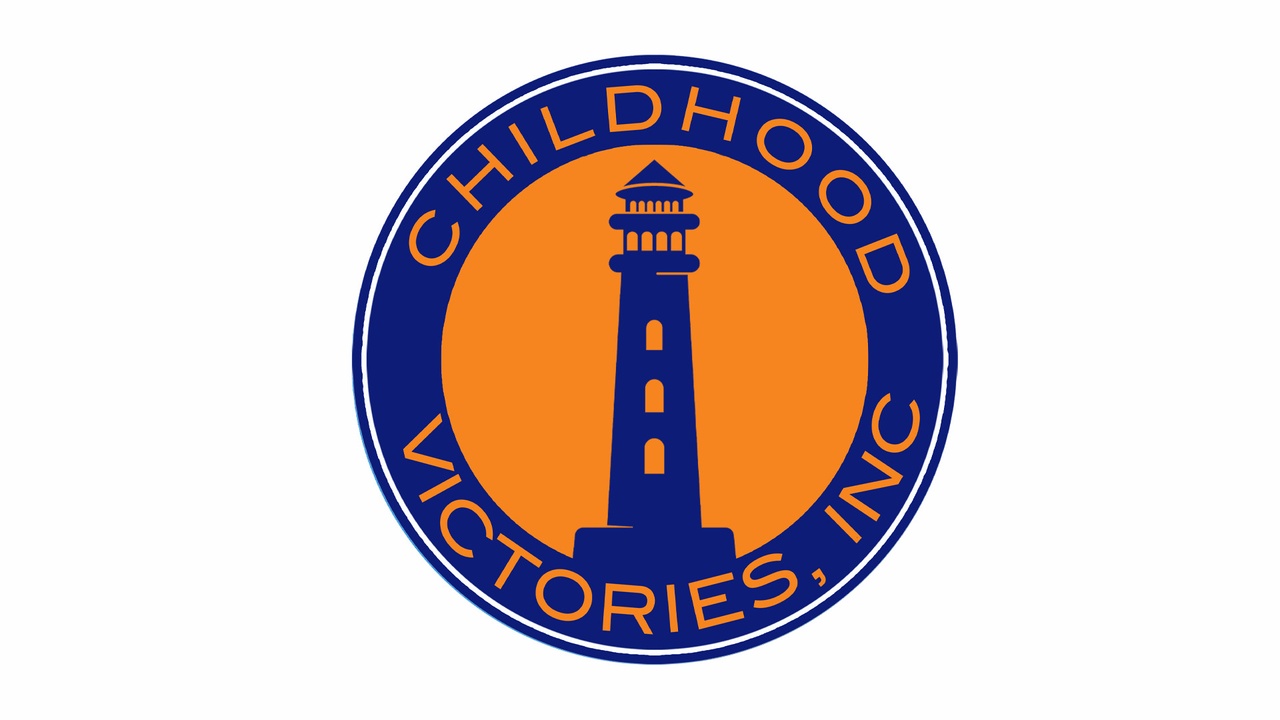
They've Told You...Now What?
By Deanna Hynes, Sexual Abuse Survivor and Erin's Law Expert
An initial disclosure of sexual abuse is the first step in a survivor’s decision to heal. They have determined that you are a safe person to go to. They are taking a leap of faith telling you what has happened to them, and most likely hoping you will respond with compassion and love. Please understand, telling you is only the beginning. Healing can be messy; It is not like climbing a staircase, with one step cleanly leading to the next. At times, healing can feel like a battle, taking two steps forward and one step back. In this two-part series, we want to focus on significant others that have experienced a disclosure first hand. Though all survivors heal in their own way, we want to provide some common steps in the healing process, what to expect, and how to manage being a trusted hero.
Remembering Abuse
A significant other may be told about memories resurfacing; some survivors have a clear memory of their abuse. Others may have compartmentalized the abuse as a child and now feel as if they are being flooded with what they couldn’t remember before. Flashbacks, anxiety, nightmares, mood swings, and misplaced anger may surface. Whether the survivor shares these memories with you directly or with a counselor or support group, this will impact both of your lives.
Believing Abuse Took Place
Some survivors spend years of their lives living with an unsafe secret. It is possible they were shamed to the point where denial seems easier to manage than confronting the abuse head-on. Maybe they were blamed, told they were lying, or ignored when asking for help that they now do not trust themselves or even their own memories. Patience is crucial in all parts of healing, but especially during this period. The survivor is learning to trust themselves and come to terms with what happened to them as a child.
Learning the Abuse was Never Their Fault
Children so often are taught, and therefore believe, that sexual abuse is their fault. They are bad, dirty, or that some part of them made the abuse happen. This of course isn’t true, seeing as no one is responsible for abuse except the perpetrator…but unlearning blame and shame takes time. Many adult survivors still struggle to understand that what happened was never their fault. Not just on an intellectual level but rather with their whole being. As a significant other, please help break down the most damaging myth around sexual abuse: that a victim is somehow to blame for an abusers actions.
Grieving
93% of the time, a survivor of child sexual abuse knows their abuser. An adult survivor of sexual abuse needs space to grieve not only the loss of their childhood and innocence, but the fact that someone they knew, loved, and trusted hurt them in this way. For someone abused by a family member, they may have to grieve the losses of family who chose to support an abuser rather than the abused. While it may seem strange for a survivor to grieve over losing family or loved ones that were abusive, it is totally normal. Abusers gain the trust and love of a child and use it to silence them and continue their abuse. Just because a survivor learns that their abuser was wrong and hurtful does not automatically negate the love they may be feeling.
When a loved one discloses a trauma like sexual abuse, it can turn our world upside down. Many survivors lean on their closest friends and family to help them through a healing journey. Understand that the anger, grief, frustration, and sadness you feel are just as valid as a survivor’s, and if you do not acknowledge your own pain you cannot help another with their’s. Join us next week for Part 2, focusing on how we as significant others can maintain support to step back when a survivor breaks their silence and shares their story publicly.

